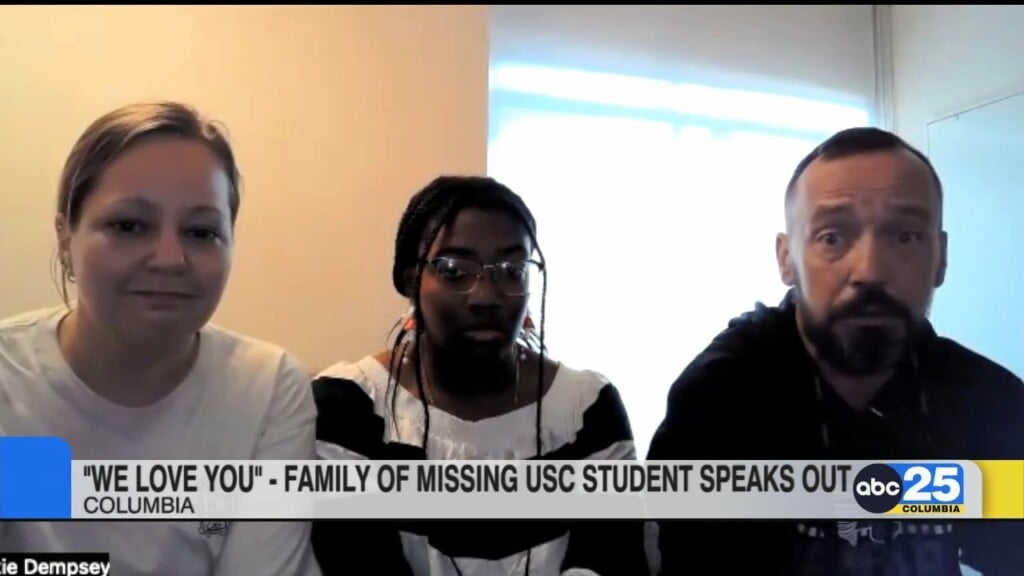CDC Reports Suicide Rates Increase Nationally, Midlands Groups Say You Can Help Lower The Statistics
COLUMBIA, S.C. (WOLO)– In between Kate Spade and Anthony Bourdain’s untimely death, the CDC released a report saying suicide rates in the US are on the rise by 25% nationally, and 38% right here in the Palmetto state. This is opening up the conversation about mental health and the rate of suicide.
“Mental health touches everyone. And you never, it’s hard to know what’s really going on inside someone’s head,” Amanda Downey, a senior marketing consultant with Companion Benefit Alternatives, said.
All the resource centers said the number one thing to bringing that percentage down is by talking about suicide more to get rid of the negative stigma associated with suicide and mental health.
“If you were living with diabetes, or asthma or whatever, you would hope no one would shame you for that. And the brain is like any other organ, it gets sick,” Alex Karydi said, the program director for South Carolina Youth Suicide Prevention Initiative.
“Talk to them, but simply reaching out and initiating a conversation like that lets the other person know they are cared for,” Downey said.
“The problem with mental health issues is people don’t usually seek mental health treatment or advocacy until there’s a crisis. This is just something you don’t think about if you’re life is normal and you’re going along, but then all of a sudden it hits,” Bill Lindsey said, executive director of SCNAMI.
In the state, suicide is the second leading cause of death in 10-24-year-olds. Experts say those contemplating suicide might not be comfortable telling family members or a doctor they’re struggling, but they do usually reach out to friends or co-workers. They said we should always be listening and watching for behavior that is out of the ordinary for that person. And if you notice something is off, ask them about it.
“You know, be very straightforward. Don’t sugar coat it or mix words because that increases the likelihood of someone going, ‘oh you’re uncomfortable so I can’t tell you,” Karydi said.
“The prevalence is out there, and I really think that the more we can educate and talk about it, and get the treatment and help they need, we’re going to see better outcomes,” Lindsey said.
If you or a loved one needs help, call the National Suicide Prevention Lifeline at 800-273-8255 Or you can even text the number 741-741
